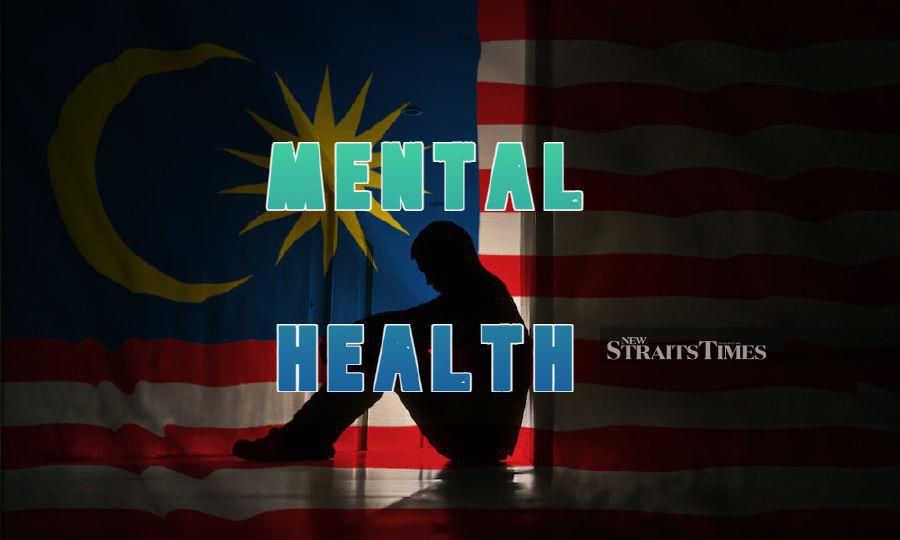LETTERS: In the first seven months of this year, there were 638 suicide cases — a 143 per cent increase compared with 262 in the same period last year.
The Health Ministry reported that 1,080 cases of attempted suicides were referred to government hospitals last year.
Out of 411 suicide attempts reported between March last year and August this year, 190 cases were recorded between March and December last year, while 221 were reported between January and August this year.
Up to Sept 19 this year, 80.8 per cent of the 223,990 calls to the Psychosocial Support Line required emotional support and counselling.
The issues included job loss, zero source of income, family conflicts, interpersonal relationship problems, stigma of being infected with Covid-19, isolation and insufficient access to aid and assistance during the Movement Control Order.
However, the number of registered psychiatrists in Malaysia (410 psychiatrists in 2018) is far from the World Health Organisation's recommended ratio of one psychiatrist per 10,000 people.
Therefore, the administration could consider the concept of "burden-sharing" — equip non-medical professionals to recognise the warning signs of mental illness.
For instance, the ministry could take the lead by empowering local community leaders, religious leaders and non-governmental organisations (NGOs) in identifying those with mental health issues, and providing support and assistance.
Towards this end, EMIR Research urges the government to continue caring for the mental wellbeing of Malaysians by:
ESTABLISHING a centralised body to conduct and streamline mental health research, education, training and awareness programmes the soonest possible.
The recent proposal by the ministry to establish a National Centre of Excellence for Mental Health marks a good beginning.
It is crucial to conduct research into specific topics at the national level and share updated data from across the country;
INCREASE funding for mental healthcare by equipping other healthcare professionals (general practitioners and family care physicians) with knowledge and updated treatment in psychiatry.
This will help them diagnose early symptoms of mental illness in urban and rural communities;
WORK with NGOs to organise door-to-door visits to understand the needs and problems of people, particularly low-income groups and rural communities, in addition to providing psychological first aid-based helplines to address their psychosocial concerns.
Community groups could work with social workers, counsellors, psychiatrists and clinical psychologists to address early symptoms of depression through peer assistance groups;
PROVIDE mental health guidelines such as mental health literacy, coping skills and help-seeking pathways to workplaces and schools.
As Malaysia is preparing to move into the endemic phase, employers could assist employees in adjusting to the workplace environment, while teachers could guide students to follow up on their syllabuses in a physical learning setting; and,
REVIVE the National Suicide Registry Malaysia to address the gaps in suicide prevention in collaboration with the Department of Statistics Malaysia and mental health organisations.
With a quality data collection system that includes age, gender, ethnicity, state and methods of suicide, the administration could prevent more suicide cases from happening at state and national levels.
In a nutshell, the government should not lose sight of the mental wellbeing of Malaysians during this new normal despite the relaxation of standard operating procedures.
The rakyat still requires time to readjust to pre-Covid times and find new ways to recover from the loss of loved ones, jobs and income.
AMANDA YEO
Research analyst, EMIR Research
The views expressed in this article are the author's own and do not necessarily reflect those of the New Straits Times
Those feeling distressed or suicidal, the Befrienders KL offers emotional support. Its 24-hour helpline can be reached at 03-7627 2929.





